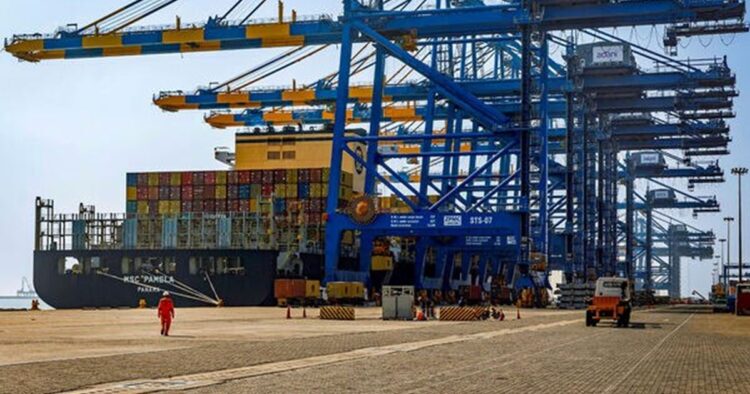Bharat and the European Free Trade Association (EFTA), which includes Iceland, Liechtenstein, Norway, and Switzerland, are gearing up to sign a significant trade deal on March 10. This Trade and Economic Partnership Agreement (TEPA) marks one of three free-trade agreements Bharat aims to finalize this month before the Model Code of Conduct, restricting major policy announcements post the general election dates, comes into effect.
The TEPA, along with deals with Oman and the UK, is part of Bharat’s proactive trade strategy. While the Oman deal is nearing completion with legal processes underway, discussions around the Bharat-UK FTA have escalated to high-level reviews by the Prime Minister’s Office. Despite the UK’s acknowledgment of the possibility of an Bharat-UK FTA before the elections, there’s no fixed deadline imposed by either party.
Moreover, negotiations for other trade agreements, such as a comprehensive deal with Australia and an FTA with the 27-member European Union (EU), are ongoing. However, these are likely to conclude post the general election due to sensitive subjects like agriculture, particularly amidst the farmers’ unrest in Bharat.
The impending Bharat-EFTA agreement holds substantial promise. It’s reported that EFTA will commit a remarkable $100 billion investment in India over 15 years, focusing on sectors like pharmaceuticals, food processing, engineering, and chemicals. This investment, primarily sourced from provident funds in EFTA countries, including Norway’s massive $1.6-trillion sovereign wealth fund, could pave the way for significant economic growth in Bharat.
However, it’s important to note that this investment commitment might not be legally binding. Instead, it’s categorized under “investment promotion,” distinct from the Bilateral Investment Treaties (BITs) being negotiated with the UK and the EU.
Bharat’s trade with EFTA has historically been lopsided, with a high trade deficit, especially concerning Switzerland. Despite Bharat’s imports from Switzerland outweighing exports by a considerable margin, Bharat seeks to balance this deficit through attracting investments and securing better market access for its service sector workforce.
EFTA’s interest in joint ventures across various sectors like pharma, chemicals, food processing, and engineering could further bolster Bharat’s economic prospects. With the reduction of Bharatiya tariffs, particularly in sectors like machinery and pharmaceuticals, Bharat anticipates a surge in imports from EFTA countries, thereby diversifying away from heavy reliance on China for key imports.
In FY23, Bharat’s major imports from Switzerland included gold, machinery, pharmaceuticals, coal, optical instruments, watches, cotton, soybean oil, and chocolates. With the impending trade deal, Bharat is poised to navigate towards a more balanced and diversified import landscape while attracting substantial foreign investment, marking a significant milestone in its economic trajectory.

















Comments